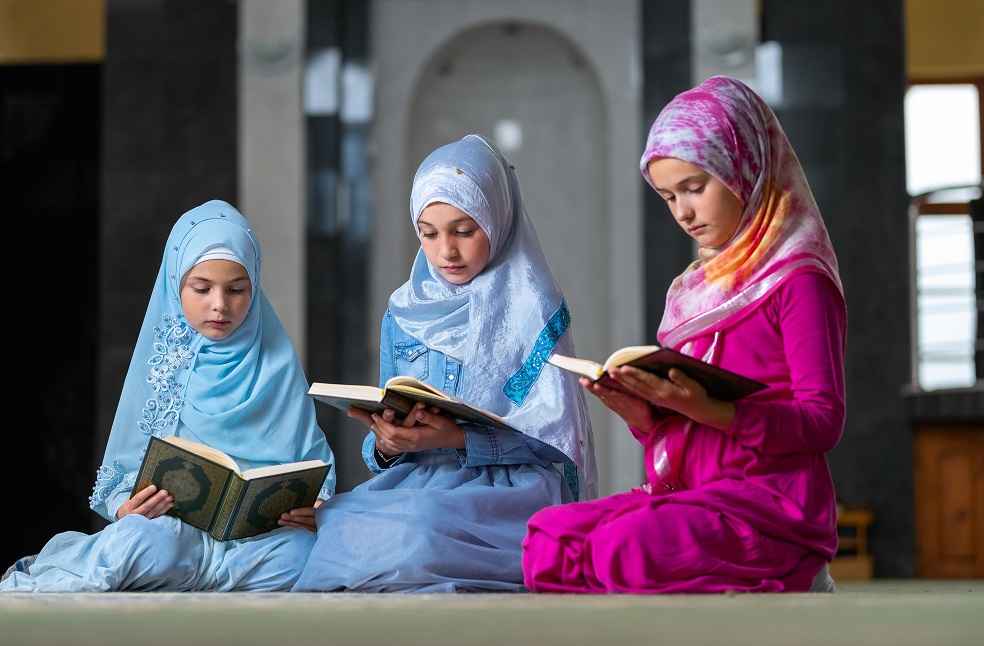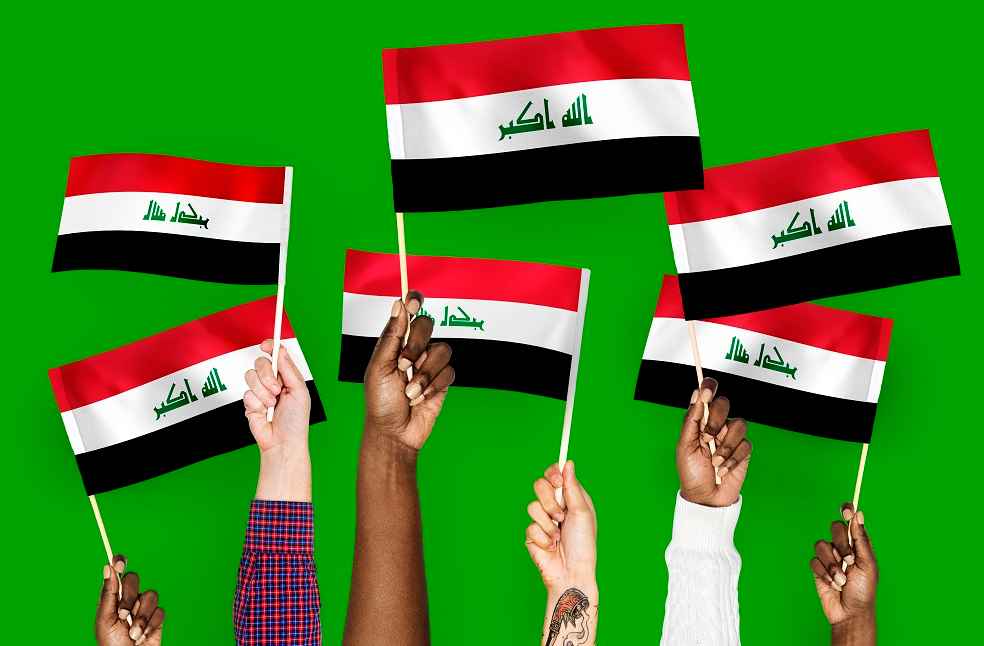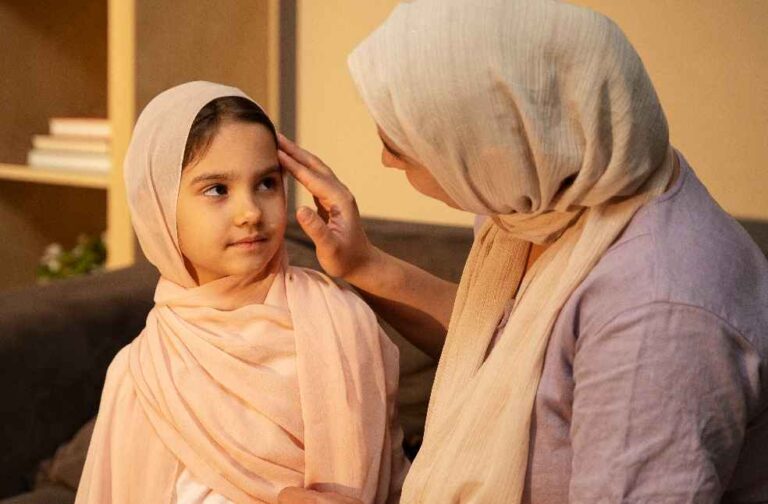Baghdad: A bill proposed in the Iraqi parliament seeks to lower the legal marriage age to 9 for girls and 15 for boys. Currently, marriages under the age of 18 are illegal in Iraq. The proposed legislation has sparked outrage among human rights organisations and women’s advocacy groups, who argue it could effectively legalise child rape and undermine women’s rights.
Under existing Iraqi law, individuals must be at least 18 years old to marry. Critics fear the new bill would endanger children’s well-being and grant clerics excessive control over personal status matters. Initially introduced last July, the bill was withdrawn but has been reintroduced with the support of Shia groups during the 4 August parliamentary session.
Activists warn that this bill represents a severe act of cruelty against children who have not yet reached mental maturity, with a high likelihood of lifelong exploitation. They highlight several key concerns:
- Right to Life: Child brides face higher risks during childbirth due to their underdeveloped bodies, leading to increased maternal and infant mortality rates.
- Right to Health: Child brides are more likely to suffer from physical and mental health issues, including sexually transmitted infections and psychological trauma.
- Right to Education: Child marriage often prevents girls from attending school, limiting their future opportunities.
- Right to Protection from Violence: Child brides are at heightened risk of domestic violence, sexual abuse, and exploitation.
- Right to Equality: Child marriage perpetuates gender inequality and discrimination against girls.
- Right to Freedom from Torture: In some cases, child marriage involves forced marriage, constituting a form of torture or cruel, inhuman treatment.
- Right to Participate in Civic Life: Child marriage limits a girl’s ability to engage in civic life and decision-making.
- Right to Family Life: Child marriage disrupts family structures and social support systems.
Activists are calling on the international community to pressure the Iraqi government to block this legislation, warning of its potentially devastating impact on children and women.
Background Explanation

A harmful misconception persists that the Quran mandates a marriage age of nine for girls. This is categorically false. While the Quran addresses marriage, it does not specify a minimum age. Child marriage, prevalent across cultures and religions during periods of male dominance, has often been misconstrued as a religious requirement.
Modern Islamic scholars unequivocally condemn child marriage as a violation of human rights, emphasising the importance of physical, emotional, and mental maturity for marriage. These scholars attribute earlier interpretations supporting child marriage to societal norms and power imbalances rather than religious doctrine.
Cultural traditions, poverty, gender inequality, and lack of education continue to fuel the global practice of child marriage. Additionally, an unscientific belief that sexual relations with young, virgin girls could enhance beauty, longevity, and health has further perpetuated this practice.
This unfounded belief, still prevalent in some regions, likely contributed to the establishment of child marriage and its eventual integration into religious traditions. Some historians suggest that these beliefs may have influenced Iraq’s legal stance on the issue.
About Iraq

Iraq is a country in the Middle East, known for its ancient civilisation and rich oil reserves. The country operates as a federal parliamentary representative democratic republic, with Abdul Latif Rashid as the President and Mohammad Shia al-Sudani as the Prime Minister. Iraq shares borders with Turkey, Iran, Kuwait, Saudi Arabia, Jordan, and Syria, with Baghdad as its capital and the Iraqi Dinar as its currency.
The population is predominantly Arab, with a significant Kurdish minority, and nearly all citizens are Muslim, divided mainly between Shia and Sunni sects. Arabic and Kurdish are the official languages. Iraq has faced significant challenges since its 1990 invasion of Kuwait, including economic sanctions, wars, and ongoing political instability. Today, it continues to rebuild under a federal parliamentary representative democratic republic government, though the influence of foreign powers remains a topic of concern.
WORLD | Sheikh Hasina breaks her silence; ‘The murderers must be punished’



